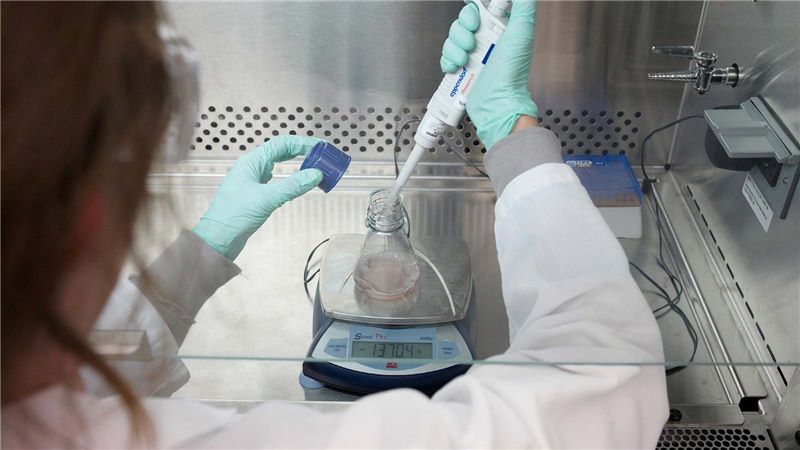Using AI to accelerate drug discovery to market
Pharmaceutical companies, academia and regulatory authorities across the globe have prioritised research and development efforts in a bid to find a vaccine to treat COVID-19, as the virus takes its toll on the world’s population - directly and indirectly.
Drug development remains a lengthy and costly process, with significant and increasingly expensive phases, often resulting in multiple iterations of time consuming and costly development and clinical phase trials.
Artificial Intelligence technology is already being used by academia, start-ups and some pharmaceutical companies to accelerate the drug discovery and development process by analysing unstructured and structured data, to extrapolate relationships previously unknown. This time consuming, labour intensive analyses, would typically be explored and tested by scientists in a lab.
With the fast-spreading virus reaching every corner of the world, an anticipated vaccine to market timeframe of 18 months can seem both fast in the drug development world, compared to the typical 10 to 12-year development process, but somewhat slow to society in general where patients, hospitals and corporations are all awaiting treatments, so life can resume as it was – or not.
The Biopharmaceutical industry is a high-technology sector that researches and develops life-saving and life-enhancing medicines, reinvesting more of its net sales back into innovative research than any other industry (14.4% on average).
To secure continued business investment in innovation, and to ensure access to care and develop robust health care systems around the world, it has been widely recognised that all groups within the sector, including industry, researchers, academics and health care professionals need to collaborate. They need to share learning and target sustainability across the sector to establish resilience and flexibility to ensure the world is better prepared for the future. This is a big learning from the current COVID-19 crisis.
The global pandemic has seen a consortium of life sciences companies announce an important collaboration to accelerate the development, manufacture, and delivery of vaccines, diagnostics, and treatments for COVID-19.
AI application in the discovery phase, can intelligently identify new potential drug developments for clinical trial phases and improve the clinical trial success rates, shortening the trial cycle time and reducing costs which soar during the testing phase of development.
If the ultimate goal is for patients to access the medicines and care they need, as quickly as possible and in a sustainable way, then AI should be leveraged as it has the potential to reduce costs, but also reduce the time from drug discovery to drug delivery. Pharmaceutical and life science companies whose systems have been designed without AI in mind, will need to adapt to the new technology.
If AI is to be embraced, just how can companies adopt this technology and where can they start creating efficiencies?
An effective and well-designed strategic transformation programme can be delivered without enormous investment overhauling IT systems and yet create an organisation that is enabled to maximise the benefits of this emerging technology.
Transformation programmes focus around planning for the entire business. A strategic roadmap including the order of initiatives to be rolled out and the creation of a Programme Management function and PMO to oversee and manage the tactical implementation of the programme will be essential to driving a successful outcome from the product inception stage to supply to market.
There are governance standards, management processes and transparency measures that, once in place, will help programmes to operate effectively. A joined-up approach with a clear agenda, and buy-in from the key stakeholders with aligned strategic objectives across the organisation, is key to a successful transformation and AI implementation.
The pharma supply chain that connects the lab to the marketplace will not only see intelligent drug discovery, but it will enable speed to market to get those highly anticipated medicines to patients, at greater pace.
In order to support the improved speed to market of essential medicines, facilities will need to be brought on line within shorter timescales and be adaptive to demand cycles and hence the management and delivery of capital investment programmes become more critical in the chain. Implementing a well assured, learning and adaptive programme management function for delivery, forms part of the holistic transformation programme.
The value of AI moves far beyond the technology and responsibility of IT departments, it’s a holistic approach that includes cultural and attitudinal shifts, upskilling investments and strict governance throughout the long-term transformation to a more intelligent workflow.











